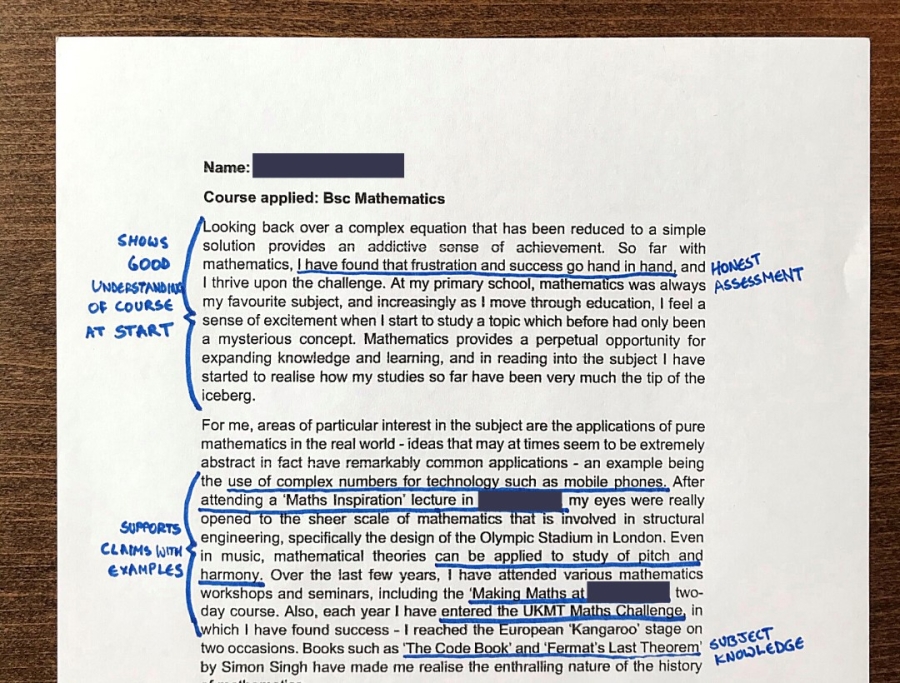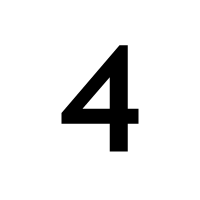- Afghanistan
- Åland Islands
- Albania
- Algeria
- American Samoa
- Andorra
- Angola
- Anguilla
- Antarctica
- Antigua and Barbuda
- Argentina
- Armenia
- Aruba
- Australia
- Austria
- Azerbaijan
- Bahamas
- Bahrain
- Bangladesh
- Barbados
- Belarus
- Belgium
- Belize
- Benin
- Bermuda
- Bhutan
- Bolivia
- Bonaire, Sint Eustatius, and Saba
- Bosnia and Herzegovina
- Botswana
- Bouvet Island
- Brazil
- British Indian Ocean Territory
- British Virgin Islands
- Brunei
- Bulgaria
- Burkina Faso
- Burundi
- Cambodia
- Cameroon
- Canada
- Cape Verde
- Cayman Islands
- Central African Republic
- Chad
- Chile
- China
- Christmas Island
- Cocos [Keeling] Islands
- Colombia
- Comoros
- Cook Islands
- Costa Rica
- Croatia
- Cuba
- Curaçao
- Cyprus
- Czech Republic
- Congo - Kinshasa
- Denmark
- Djibouti
- Dominica
- Dominican Republic
- Timor-Leste
- Ecuador
- Egypt
- El Salvador
- Equatorial Guinea
- Eritrea
- Estonia
- Ethiopia
- Falkland Islands
- Faroe Islands
- Fiji
- Finland
- France
- French Guiana
- French Polynesia
- French Southern Territories
- Gabon
- Gambia
- Georgia
- Germany
- Ghana
- Gibraltar
- Greece
- Greenland
- Grenada
- Guadeloupe
- Guam
- Guatemala
- Guernsey
- Guinea
- Guinea-Bissau
- Guyana
- Haiti
- Heard Island and McDonald Islands
- Honduras
- Hong Kong SAR China
- Hungary
- Iceland
- India
- Indonesia
- Iran
- Iraq
- Ireland
- Isle of Man
- Israel
- Italy
- Côte d’Ivoire
- Jamaica
- Japan
- Jersey
- Jordan
- Kazakhstan
- Kenya
- Kiribati
- Kosovo
- Kuwait
- Kyrgyzstan
- Laos
- Latvia
- Lebanon
- Lesotho
- Liberia
- Libya
- Liechtenstein
- Lithuania
- Luxembourg
- Macau SAR China
- Macedonia
- Madagascar
- Malawi
- Malaysia
- Maldives
- Mali
- Malta
- Marshall Islands
- Martinique
- Mauritania
- Mauritius
- Mayotte
- Mexico
- Micronesia
- Moldova
- Monaco
- Mongolia
- Montenegro
- Montserrat
- Morocco
- Mozambique
- Myanmar [Burma]
- Namibia
- Nauru
- Nepal
- Netherlands
- Netherlands Antilles
- New Caledonia
- New Zealand
- Nicaragua
- Niger
- Nigeria
- Niue
- Norfolk Island
- North Korea
- Northern Mariana Islands
- Norway
- Oman
- Pakistan
- Palau
- Palestinian Territories
- Panama
- Papua New Guinea
- Paraguay
- Peru
- Philippines
- Pitcairn Islands
- Poland
- Portugal
- Puerto Rico
- Qatar
- Congo - Brazzaville
- Réunion
- Romania
- Russia
- Rwanda
- Saint Barthélemy
- Saint Helena
- Saint Kitts and Nevis
- Saint Lucia
- Saint Martin
- Saint Pierre and Miquelon
- Saint Vincent and the Grenadines
- Samoa
- San Marino
- São Tomé and Príncipe
- Saudi Arabia
- Senegal
- Serbia
- Serbia and Montenegro
- Seychelles
- Sierra Leone
- Singapore
- Sint Maarten
- Slovakia
- Slovenia
- Solomon Islands
- Somalia
- South Africa
- South Georgia and the South Sandwich Islands
- South Korea
- South Sudan
- Spain
- Sri Lanka
- Sudan
- Suriname
- Svalbard and Jan Mayen
- Swaziland
- Sweden
- Switzerland
- Syria
- Taiwan
- Tajikistan
- Tanzania
- Thailand
- Togo
- Tokelau
- Tonga
- Trinidad and Tobago
- Tunisia
- Turkey
- Turkmenistan
- Turks and Caicos Islands
- Tuvalu
- U.S. Virgin Islands
- Uganda
- Ukraine
- United Arab Emirates
- United Kingdom
- United States
- U.S. Minor Outlying Islands
- Uruguay
- Uzbekistan
- Vanuatu
- Vatican City
- Venezuela
- Vietnam
- Wallis and Futuna
- Western Sahara
- Yemen
- Zambia
- Zimbabwe
How to Write a Personal Statement ( With a Sample )

How to Write a Personal Statement ( With a Sample )
Do you know what does mean Personal Statement?
Although a personal statement may serve numerous purposes (it's like CV), its primary goal is to sell yourself to the reader. Not only must you summarise your talents and expertise, but you must also ensure that it is relevant to the position for which you are seeking.
So, what can you do to make your personal statement stand out? Here are our top recommendations to consider while writing your personal statement for your CV to ensure you're doing it correctly:
What exactly is a Personal Statement?
A personal statement is a brief personal summary provided to prospective employers in order to help you stand out from the crowd. For university applications, a personal statement is also required, although it is normally far more lengthy.
What is the purpose of a personal statement?
- One of the most crucial components of your CV is your personal statement.
- It allows you to promote yourself to the company in a short and easy-to-read paragraph. You'll be able to illustrate your fit and persuade the recruiter to read on by summarising the unique talents and experience that make you ideal for the post.
- In reality, a well-written personal statement might be the difference between your application being accepted and being denied.
What should the length of a personal statement be?
Your personal statement should ideally be no more than 150 words long (or four or five lines of your CV). If you go beyond this, you risk rambling and taking up important space.
Keep in mind that this is a synopsis, not a cover letter. So make it brief, relevant, and to the point.
What is the best way to begin a personal statement?
- Keep in mind the goal of your personal statement when composing it: to demonstrate to hiring managers your suitability for the post.
- The first phrase should pique the reader's attention and entice them to keep reading. However, you don't want to come across as arrogant if you're too'salesy.' A good way to start your personal statement is to describe your present work title, how many years of experience you have, what position you're interested in, and why you believe you're qualified for the job.
- The secret of creating a convincing personal statement is to include a lot of detail (without waffling) and make it relevant to the job you're seeking for.
What should a personal statement contain?
Personal statements that are successful answer the following questions:
- What is your name?
- What do you have to offer?
- What are your professional objectives?
Consider bullet-pointing replies to these questions while writing your personal statement to ensure you've checked all the boxes. If you're stuck for ideas, the job description might assist you pinpoint the exact abilities the company is seeking for.
For example, if it emphasises that the ideal applicant will have outstanding business analytical abilities, make sure to include this in your statement:
'Working experience in strategic business analysis with an inquisitive and rigorous approach to problem-solving,' for example:
- Does and Doesn't of Personal Statements
- How should a personal statement be written?
- Always give a brief introduction as the first point when answering the 'who are you?' question.
- 'A competent and eager X, with over Y years of experience, now seeking a Z position to utilise my talents and take the next step in my career,' may be an excellent beginning for your personal statement.
- In what tense should I write my personal statement?
- Your personal statement can be written in any person or tense as long as you are consistent throughout.
- This includes saying something like, 'I am a recent business economics graduate.' Analytical and organisational abilities that are second to none. I am a self-motivated and determined guy that constantly gives my all in all I do. 'Successful track record' — at any cost.
Structure of a Personal Statement
Consider the following framework while writing a convincing personal statement:
- Begin with a statement that grabs the reader's attention.
- Put the most crucial information at the front of your personal statement (for example, why you're applying for the position and what qualifies you).
- Mention any relevant skills and expertise that you have.
- Finish with an overview of your professional objectives.
- When drafting a personal statement, the following framework should be followed:
- Make use of energetic voice.
- Keep phrases and paragraphs short; make it relevant to the position you're going for; and use proper language and punctuation throughout.
How much time should I devote to drafting my personal statement?
A personal statement isn't a one-size-fits-all piece of writing.
- In the other hand, for each application, a fresh personal statement should be written. Although it may take some time to tailor it to each job function, your efforts will pay off when it comes to impressing an employer.
- After all, each position necessitates a somewhat different mix of talents and expertise, thus the degree of emphasis you place on your abilities will vary from application to application.
- Remember that generic personal statements will not get you anywhere, and that sending out five well-written and personalised CVs is more valuable than sending out fifty generic ones.
Example of a Personal Statement
A recent business economics graduate with a 2:1 honours degree from the University of X, I am looking for a Graduate Commercial Analyst position or something similar that will allow me to use my current analytical skills and knowledge while also allowing me to further develop these skills in a practical and fast-paced environment.
My long-term professional aim is to be responsible for the analysis and application of all commercial data, as well as to actively contribute to the overall success of any company for which I work.

 by Admin
by Admin


